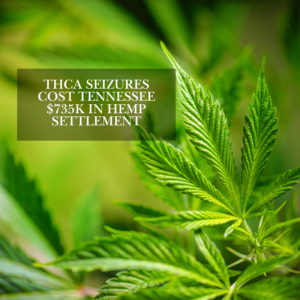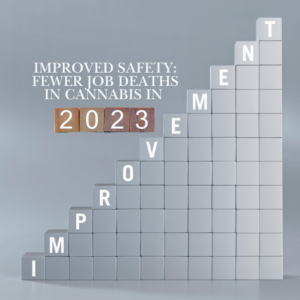Federal Court Blocks Cannabis Gun Ownership Ban Again

Court Rules Against Gun Possession Charges for Cannabis User in Texas, Citing Historical Tradition
The 5th U.S. Circuit Court of Appeals ruled Wednesday that prosecutors cannot file gun possession charges against a Texas woman who admitted to consuming cannabis, citing a 2022 Supreme Court ruling that says modern firearm restrictions must be “consistent with this nation’s historical tradition of firearm regulation.”
Landmark Decision by the 5th Circuit Court of Appeals
In a significant decision this week, the 5th U.S. Circuit Court of Appeals in New Orleans ruled that federal prosecutors could not press gun possession charges against Paola Connelly, a Texas woman who admitted to using cannabis. The court’s decision upholds a prior ruling by the U.S. District Court for the Western District of Texas, which had dismissed the charges on similar grounds.
The ruling reflects a broader judicial trend following the 2022 Supreme Court decision, which emphasized that any modern firearm regulations must align with the nation’s historical traditions concerning gun rights.
Background of the Case: Cannabis Use and Gun Possession
The case against Paola Connelly began in 2021 when El Paso police officers interacted with her during the arrest of her husband. During the encounter, Connelly admitted that she sometimes used cannabis. Subsequently, prosecutors filed charges against her, arguing that as a cannabis user, she was in violation of federal laws prohibiting the possession of firearms by unlawful drug users. A search of Connelly’s home revealed multiple firearms, some of which were owned by her.
However, the 5th Circuit’s decision has now nullified these charges, declaring that Connelly’s cannabis use does not strip her of her constitutional right to bear arms.
Judge Engelhardt’s Opinion: A Question of Constitutional Rights
U.S. Circuit Judge Kurt Engelhardt, who was appointed by former President Donald Trump, authored the opinion for the three-judge panel. He asserted that regardless of her cannabis use, Connelly remains “a member of our political community and thus has a presumptive right to bear arms.”
Judge Engelhardt’s opinion draws heavily on the 2022 Supreme Court decision that established a new standard for evaluating the constitutionality of gun regulations, asserting that they must align with “this nation’s historical tradition of firearm regulation.” According to Engelhardt, the nation’s founders did not impose restrictions on firearm ownership by those who consumed intoxicating substances like alcohol, which was widely available and consumed at the time.
Historical Context: Intoxicants and the Right to Bear Arms
The court’s decision underscores a historical precedent dating back to the founding era. The judges noted that alcohol, an intoxicant similar to cannabis, was widely consumed during the time of the founders. Despite its widespread use, there were no historical attempts to disarm individuals for drinking alcohol, even if they were heavy drinkers.
By drawing parallels between alcohol use in the 18th century and cannabis use today, the court concluded that it would be inconsistent with historical practices to prohibit someone from possessing a firearm solely due to their cannabis consumption. The court’s interpretation aligns with the Supreme Court’s guidance that modern firearm laws should reflect the country’s historical tradition regarding the regulation of arms.
Implications of the Ruling
The 5th Circuit’s ruling represents a critical moment in the ongoing debate over the intersection of drug policy and gun rights in the United States. As cannabis legalization continues to spread across the country, this decision may have far-reaching implications for similar cases in other jurisdictions. It could potentially lead to further legal challenges to federal laws that restrict gun ownership based on cannabis use.
This decision also brings into focus the broader questions about constitutional rights and how they adapt to modern realities, such as the growing acceptance and legalization of cannabis in many states.











